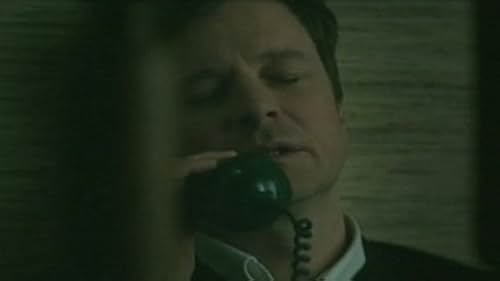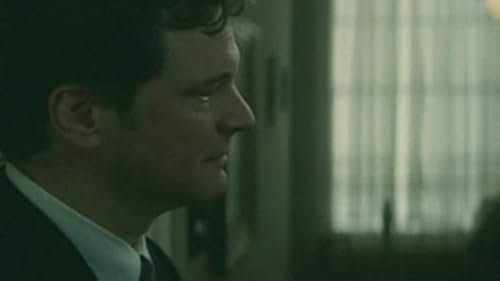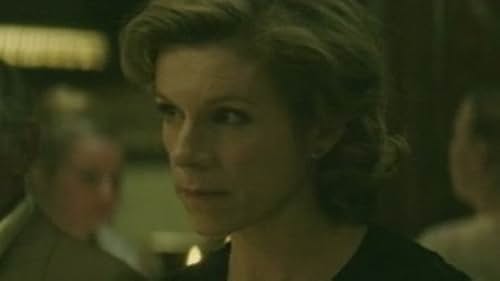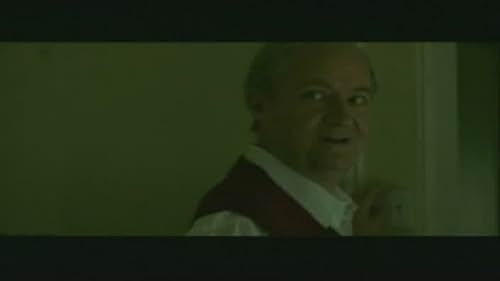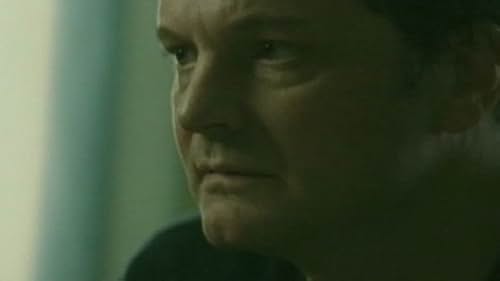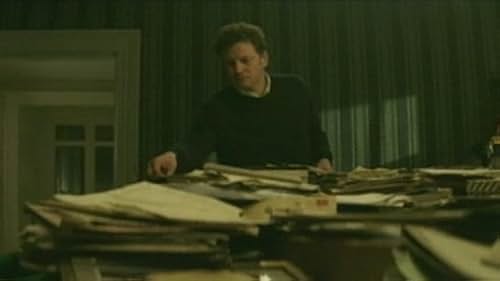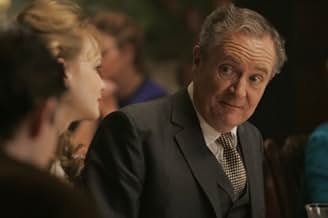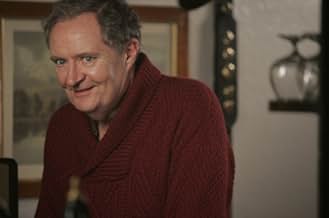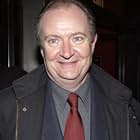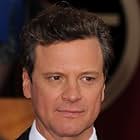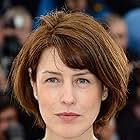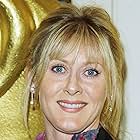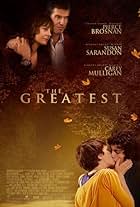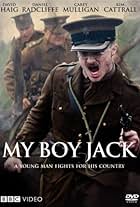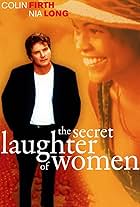When Did You Last See Your Father?
Original title: And When Did You Last See Your Father?
IMDb RATING
6.8/10
4.7K
YOUR RATING
The story of a son's conflicting memories of his dying father.The story of a son's conflicting memories of his dying father.The story of a son's conflicting memories of his dying father.
- Awards
- 1 win & 12 nominations
- Director
- Writers
- All cast & crew
- Production, box office & more at IMDbPro
Storyline
Did you know
- TriviaMatthew Beard wore brown coloured contact lenses in order to look more like Colin Firth.
- ConnectionsFeatured in Starfilm (2017)
- SoundtracksCold Cold Feeling
Written by JM Robinson
Published by EMI Music Publishing Ltd
Performed by T-Bone Walker
Licensed courtesy of EMI Records Ltd
Featured review
My last recollection of my father was the look on his face after I placed him in a nursing home in Miami, Florida. Wracked by Parkinson's disease and heart trouble, I was saddened by how far removed he was from the authoritarian and emotionally distant man I feared when I was young, yet a lifetime of resentment could not be entirely forgotten. Indeed, in our society the pressure to love our fathers no matter how awful their behavior is so strong that it often leaves children deeply conflicted. Anand Tucker's And When Did You Last See Your Father? is a film about such conflict, though it does not question the underlying bond of love. Based on the autobiography by British writer Blake Morrison with a screenplay by David Nicholls, the film's title asks the question "when" but seeks an answer that requires more than a date. It asks for the last time in your life when you really saw your father, not as an authority figure but as a complete human being, the complex individual that you may have never seen before.
The film charts the relationship between Doctor Arthur Morrison (Jim Broadbent) and his son Blake (Colin Firth), a writer, over a period of thirty years. As his dad lies dying of cancer, Blake is reminded of their difficult relationship over the years. Using mirrors to suggest there are many different angles with which to view life, Tucker catches events in Blake's life that remain with him and threaten to keep the two apart at a moment when they clearly need each other. Through extensive flashbacks showing Blake as a child, teenager, and adult, the film allows us to understand how events, both small and large, took on mass as the years went by. It makes clear that while Arthur was a devoted father, he was not above being overbearing, deceitful and duplicitous, especially regarding his infidelities with Aunt Beattie (Sarah Lancashire), an open secret in the household, though one that his wife (Juliet Stevenson) came to accept. Stevenson is outstanding in her role of the suffering partner who tries to make up for her husband's aloofness by giving the children her unconditional love.
In flashbacks, we see the eight-year old Blake (Bradley Johnson) seeing his father flaunting the rules by waving his stethoscope to get to the front of a queue waiting to enter a sports event; the fifteen-year-old Blake (Matthew Beard) putting up with his father's whimsy during a camping trip that left them soaked but liberated by driving lessons on the beach, his annoyance when his father, who called him "fathead", walked in on his first sexual awakening with a live-in-maid (Elaine Cassidy). We see the adult Blake (Colin Firth) recalling how his father refused to acknowledge his award of a literary prize at a gala, and then had the tenacity to call writing poetry "not a real job".
And When Did You Last See Your Father is a lyrical tone poem that is marked by brilliant performances. An honest and unsentimental film, it brings dignity to the subject of family relationships and has a powerful conclusion that left much of the audience, including myself, in tears. The best performances are by Matthew Beard as the sensitive but self-righteous adolescent who is hard put to give his father the benefit of the doubt and by Jim Broadbent as the overbearing but loving father. As the final days play out, the quality of Broadbent's performance is such that, while we understand Blake's misgivings, we can still see Arthur as a complex individual with both flaws and virtues. Blake still longs for his father's acceptance and, as his father lay dying, asks him: "It would be good to talk at some point, wouldn't it?" Yet the answer, "What about?" underscores the superficial banter that replaces conversation in many households.
The film charts the relationship between Doctor Arthur Morrison (Jim Broadbent) and his son Blake (Colin Firth), a writer, over a period of thirty years. As his dad lies dying of cancer, Blake is reminded of their difficult relationship over the years. Using mirrors to suggest there are many different angles with which to view life, Tucker catches events in Blake's life that remain with him and threaten to keep the two apart at a moment when they clearly need each other. Through extensive flashbacks showing Blake as a child, teenager, and adult, the film allows us to understand how events, both small and large, took on mass as the years went by. It makes clear that while Arthur was a devoted father, he was not above being overbearing, deceitful and duplicitous, especially regarding his infidelities with Aunt Beattie (Sarah Lancashire), an open secret in the household, though one that his wife (Juliet Stevenson) came to accept. Stevenson is outstanding in her role of the suffering partner who tries to make up for her husband's aloofness by giving the children her unconditional love.
In flashbacks, we see the eight-year old Blake (Bradley Johnson) seeing his father flaunting the rules by waving his stethoscope to get to the front of a queue waiting to enter a sports event; the fifteen-year-old Blake (Matthew Beard) putting up with his father's whimsy during a camping trip that left them soaked but liberated by driving lessons on the beach, his annoyance when his father, who called him "fathead", walked in on his first sexual awakening with a live-in-maid (Elaine Cassidy). We see the adult Blake (Colin Firth) recalling how his father refused to acknowledge his award of a literary prize at a gala, and then had the tenacity to call writing poetry "not a real job".
And When Did You Last See Your Father is a lyrical tone poem that is marked by brilliant performances. An honest and unsentimental film, it brings dignity to the subject of family relationships and has a powerful conclusion that left much of the audience, including myself, in tears. The best performances are by Matthew Beard as the sensitive but self-righteous adolescent who is hard put to give his father the benefit of the doubt and by Jim Broadbent as the overbearing but loving father. As the final days play out, the quality of Broadbent's performance is such that, while we understand Blake's misgivings, we can still see Arthur as a complex individual with both flaws and virtues. Blake still longs for his father's acceptance and, as his father lay dying, asks him: "It would be good to talk at some point, wouldn't it?" Yet the answer, "What about?" underscores the superficial banter that replaces conversation in many households.
- howard.schumann
- Jun 22, 2008
- Permalink
Details
- Release date
- Countries of origin
- Official sites
- Language
- Also known as
- And When Did You Last See Your Father?
- Filming locations
- Production companies
- See more company credits at IMDbPro
Box office
- Budget
- $8,000,000 (estimated)
- Gross US & Canada
- $1,077,273
- Opening weekend US & Canada
- $39,210
- Jun 8, 2008
- Gross worldwide
- $2,752,471
- Runtime1 hour 32 minutes
- Color
- Sound mix
- Aspect ratio
- 2.35 : 1
Contribute to this page
Suggest an edit or add missing content

Top Gap
By what name was When Did You Last See Your Father? (2007) officially released in Canada in English?
Answer



